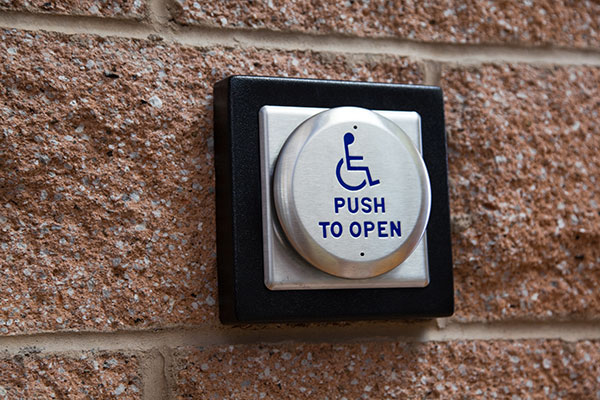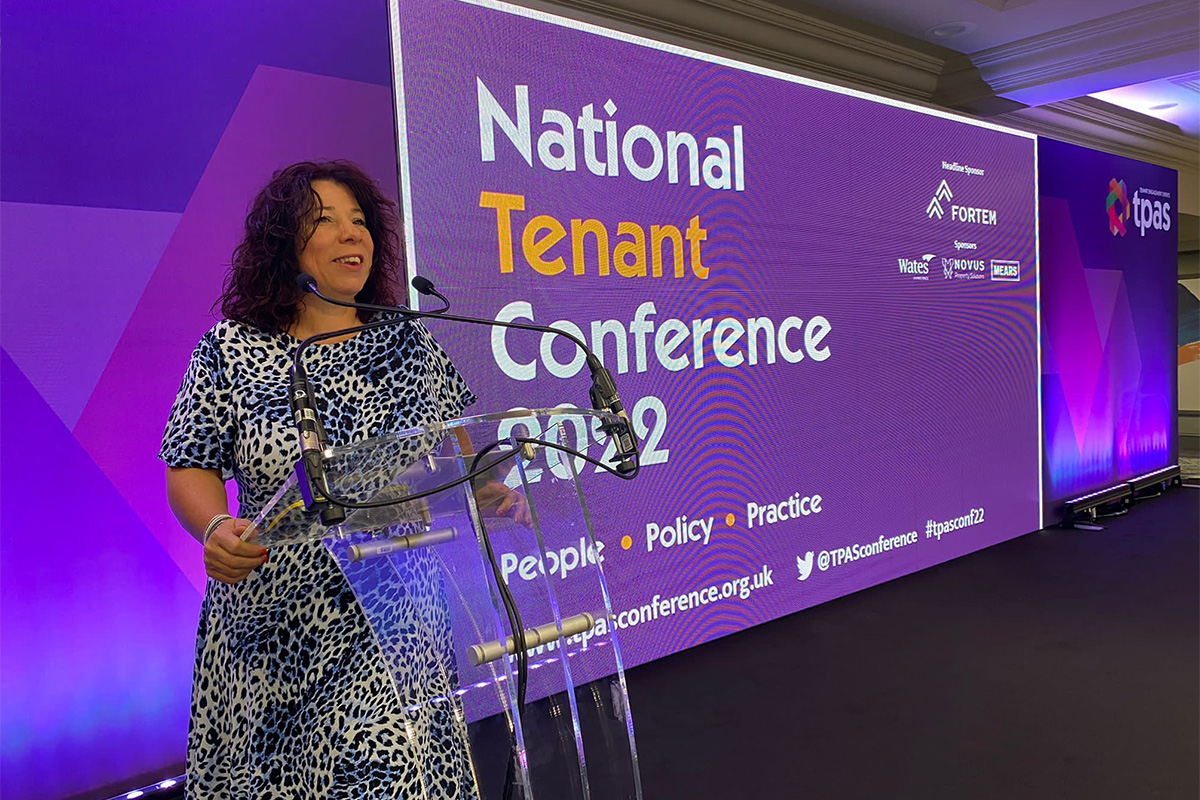You are viewing 1 of your 1 free articles
Housing associations urged to sign up to disability charter
Housing associations are being urged to sign up to a disability charter that aims to improve conditions for disabled people and eliminate discrimination and stigma.
The charter was created by the Disability Visibility Group (DVG), which represents disabled members of tenants network the Social Housing Action Campaign (SHAC), and includes a set of commitments housing associations must agree to ensure they are complying with the Equality Act.
Three major housing associations are currently considering signing up.
A spokesperson for SHAC said: “We believe that this charter can help landlords audit their processes and make sure that they are providing person-centred care which in turn helps eliminate discrimination and disadvantage for disabled people.
“We would encourage every housing association to contact us to talk about working together.”
It comes as disability campaigners are formally pursuing legal action against the government over its “failure” to implement a critical Grenfell Inquiry recommendation on personal emergency evacuation plans (PEEPs).
The aim of the SHAC scheme is to increase landlord compliance with statutory guidance and equality legislation, as well as driving greater awareness and support about mental health conditions, neurodiversity and other disabilities that are ‘hidden’ or not evident upon sight.
The charter is made up of nine commitments (see list below) that housing associations must make if they get on board.
They include agreeing to promote the rights and the provision of quality living conditions for all disabled tenants and residents and to improve policies and procedures for those affected by mental health and neurodiverse disabilities.
Those that sign up must agree to provide an automatic compensatory payment of £50 per commitment breach, which is “not reasonably resolved” within 30 days of the breach.
To sign up to the scheme, housing associations will agree to the charter in writing and will appoint a member of its staff to be a DVG liaison, who will attend virtual training with the DVG twice a year.
SHAC said the charter was launched because the group noticed that a high percentage of its members who had experienced problems with their landlords were also disabled.
It was clear that some issues affect disabled people much more than others, such as a broken lift being an inconvenience for some but “potentially catastrophic” for people with mobility problems.
A SHAC spokesperson said: “It was also worrying for us to hear so many complaints from neurodiverse members, for example those with autism, to hear that they had been branded with an ‘anti-social behaviour’ tag and treated differently as a result.
“Because they sometimes find social interaction difficult and don’t behave in a way that is considered ‘the norm’, they were branded as ‘problematic’ for staff to deal with.
“This creates an extra barrier when they legitimately seek help to get a repair done or query a rent statement for example.”
SHAC has been working with its disabled members to develop a set of expectations from housing association landlords that are “reasonable, achievable, and would also make a fundamental difference to the way disabled tenants and residents are treated”.
The group has also been working with other member-led disability campaign groups to make sure it would be offering a unique resource.
“Over that time, we have refined the charter and are now speaking to some of the larger associations about adopting it.
“Most importantly, the charter gives our disabled members a way of starting a conversation with their landlord to get a better understanding of their needs.
“We hope that this will help empower the people who are most affected by disability discrimination in housing,” the spokesperson said.
Disability charter commitment declaration
- We agree to promote the rights and the provision of quality living conditions for all disabled tenants/residents, and specifically to improve policies and procedures for those affected by mental health and neurodiverse disabilities
- We will demonstrate this by agreeing to all commitments enclosed in this charter scheme document
- We will engage as requested with the DVG to support us in the fulfilment of these commitments
- We will agree to transparency of communication and information with the DVG so that we can genuinely address areas for improvement in our service provision to disabled tenants
- We agree to a three-month ‘turnaround time’ to make the appropriate organisational adjustments in order to fulfil our commitments
- We will seek to avoid placing the burden of a formal complaints process on disabled tenants/residents and will aim to monitor our progress closely to promptly recognise breaches in any aspect of this charter scheme
- We agree to surveys by the DVG with our tenants/residents to evaluate our charter scheme progress and agree to respond accordingly to all feedback
- We agree to provide an automatic compensatory payment of £50 per commitment breach which is not reasonably resolved within 30 days of the breach
- We agree to publish this charter scheme document on our website to ensure that our disabled tenants/residents commitments and are aware of their associated entitlements
Sign up for our care and support newsletter
Already have an account? Click here to manage your newsletters











